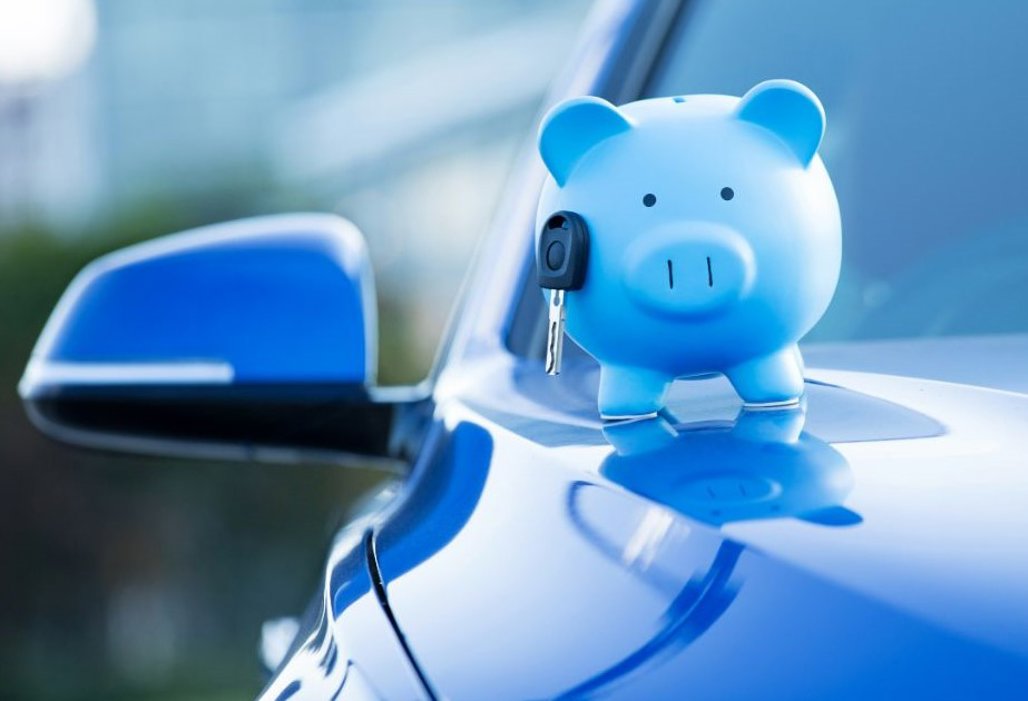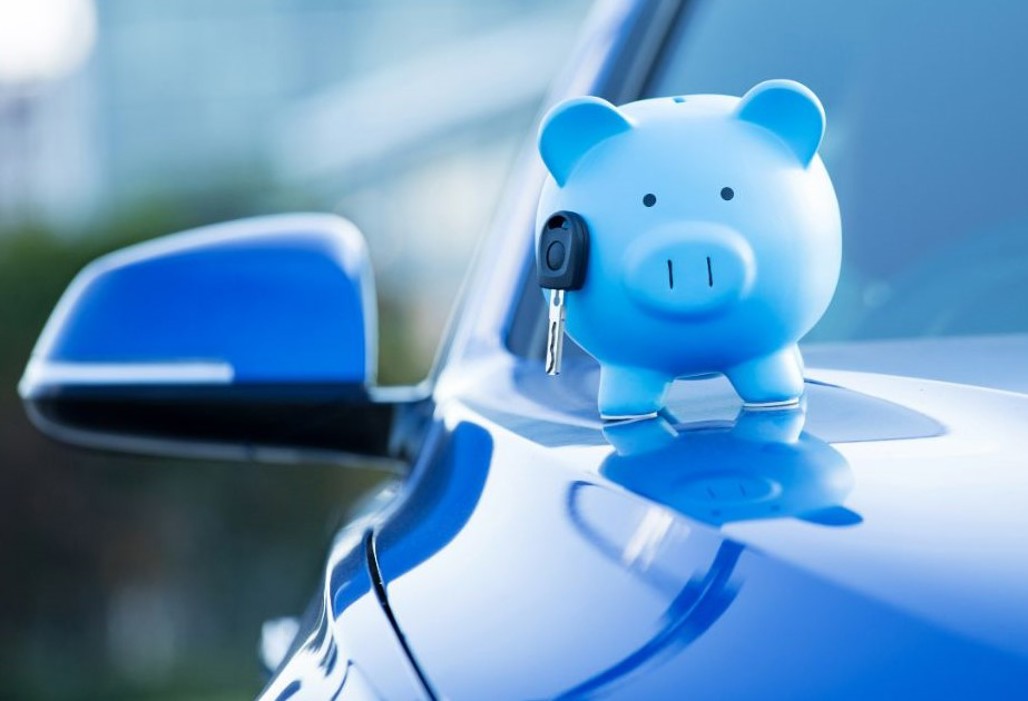For anyone who’s tried to trade in an electric car lately, it is not great financial news.
For example, let’s take a very popular American EV, that when new just one year ago, cost around $75,000.
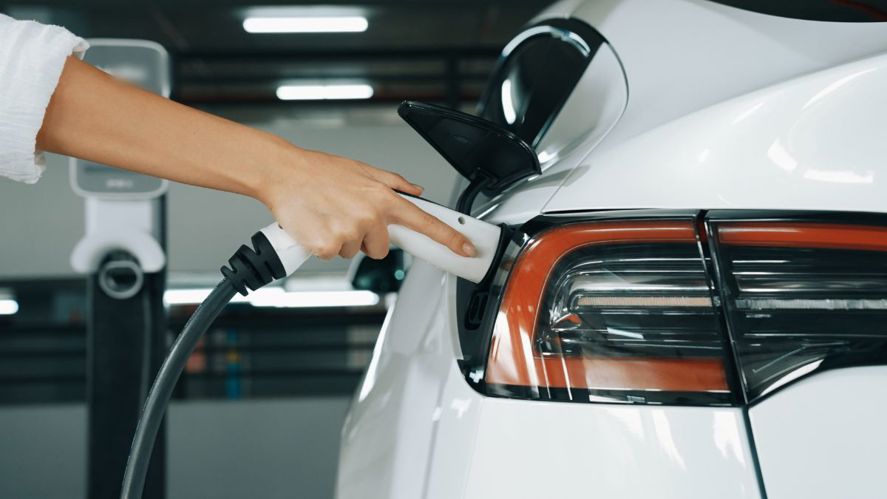
After 12 months, the trade-in value is just $40,000 – almost 50 per cent depreciation, and a massive $35,000 loss.
This situation is typical of the state of the used EV market now.
Poor residual value of NZ-new EVs is a touchy subject. All but two of the industry sources we spoke to, all but two preferred their names and brands be suppressed.

Exceptions were Greg Hedgepeth, auto retail division boss for Turners Cars, the largest national re-seller of NZ-new cars, and Aimee Wiley, chief executive of the Motor Industry Association, which acts for new vehicle distributors.
Wiley says the industry fears bad publicity might “spook customers.”
Both Wiley and Hedgepeth express confidence of a turn-around, but exactly when and by how much are very difficult to forecast.
A new $100,000 EV could be worth $60,000 after 12 months, and based on depreciation calculations, just $36,000 after two years
However, if increasingly tasty deals make today a good time to buy a new EV, it’s also quite probably the worst time to on-sell one.
Depreciation is unavoidable, but EVs are being hit hard – and the introduction of Road User Charges (RUC) only makes it worse.
For comparison, a typical petrol new car might lose 30-35 per cent in the first year, around 30 per cent in the second.
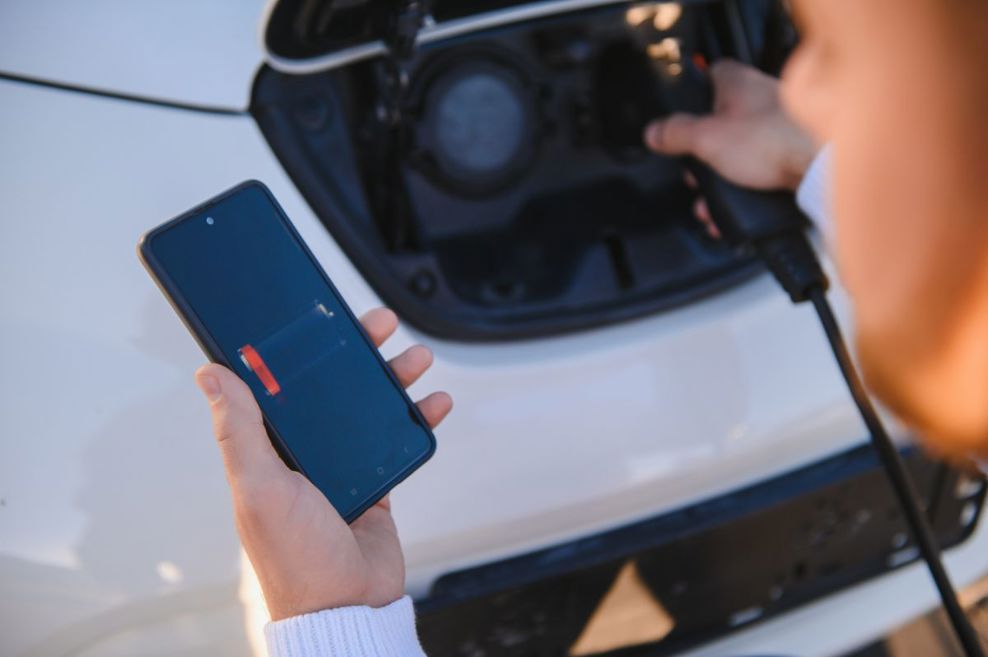
An electric car increases those respective percentages to 40 per cent, so a new $100,000 EV could be worth $60,000 after 12 months, and based on depreciation calculations, just $36,000 after two years. Note, that’s a “transactional” price, that the dealer would typically pay the seller, allowing for their profit margin of $6000-$10,000.
Private sellers taking to the likes of TradeMe are finding a flooded market, and subsequently lower values and sale prices.
Feeling the post-feebate bite
One dealer we spoke to raised the thought that those enticed to EVs during the Clean Car Discount (CCD), who bought on finance, could be particularly exposed.
The potential of depreciation outrunning the repayment plan was real. “If you did that [bought heavily on finance], and then spent the rebate on a holiday, you’ve made it worse,” they added.
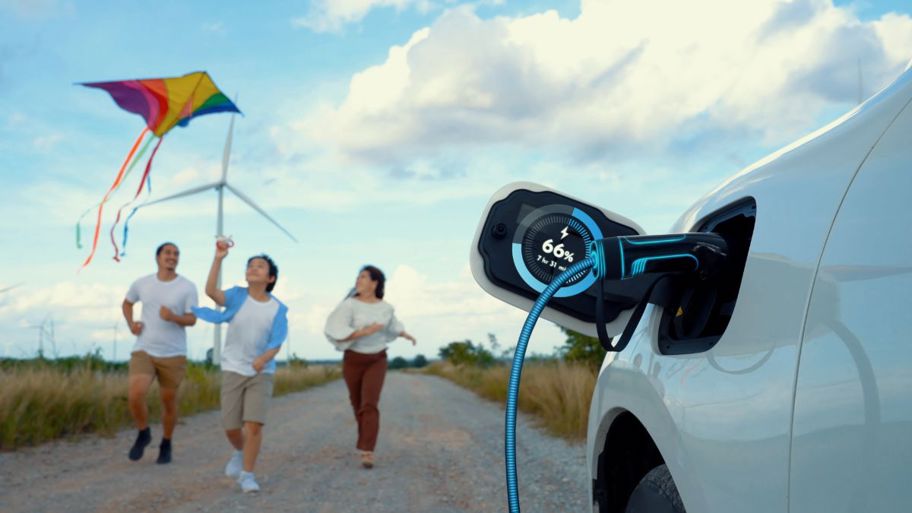
He foresees a scenario where EVs will ultimately become so worthless they’ll be dumped, with the cost of proper disposal being higher than their value.
It wasn’t supposed to be this way. New technology for a new world was expected to be more resilient to value loss.
After all, as much as EV purchasing is virtue signalling, some of it is actual virtue. The internal combustion engine has an uncertain future and until this year, electric uptake was impressive: 73,000 cars. The NZ EV fleet has grown 166 per cent since 2021. Last year pure electric vehicles alone accounted for 20 per cent of car sales in 2023, and with PHEV and hybrids, that number grew to 54 per cent.
The impression that something better, bringing more for less, always close hangs over every prospective deal, along with the realisation that there is more to the cost of EV ownership than just the car.
New cars becoming used cars is a crucial economic fuel. Used EVs provide a more affordable experience to the wider market and engender confidence to purchase a new one. And used EVs, if they sell easily and for a profit, will boost confidence in the market and support new models.
Obviously, the chance for an attractively priced used car relies on a healthy new car market.
That’s the first major problem: demand nose-dived from January 1 following the end of EV feebate. Even before, EV purchase patterns were changing, and the "any EV will do" and cashback mindset is over. Pragmatism is now driving purchasing and it’s making decisions for EVs tougher.
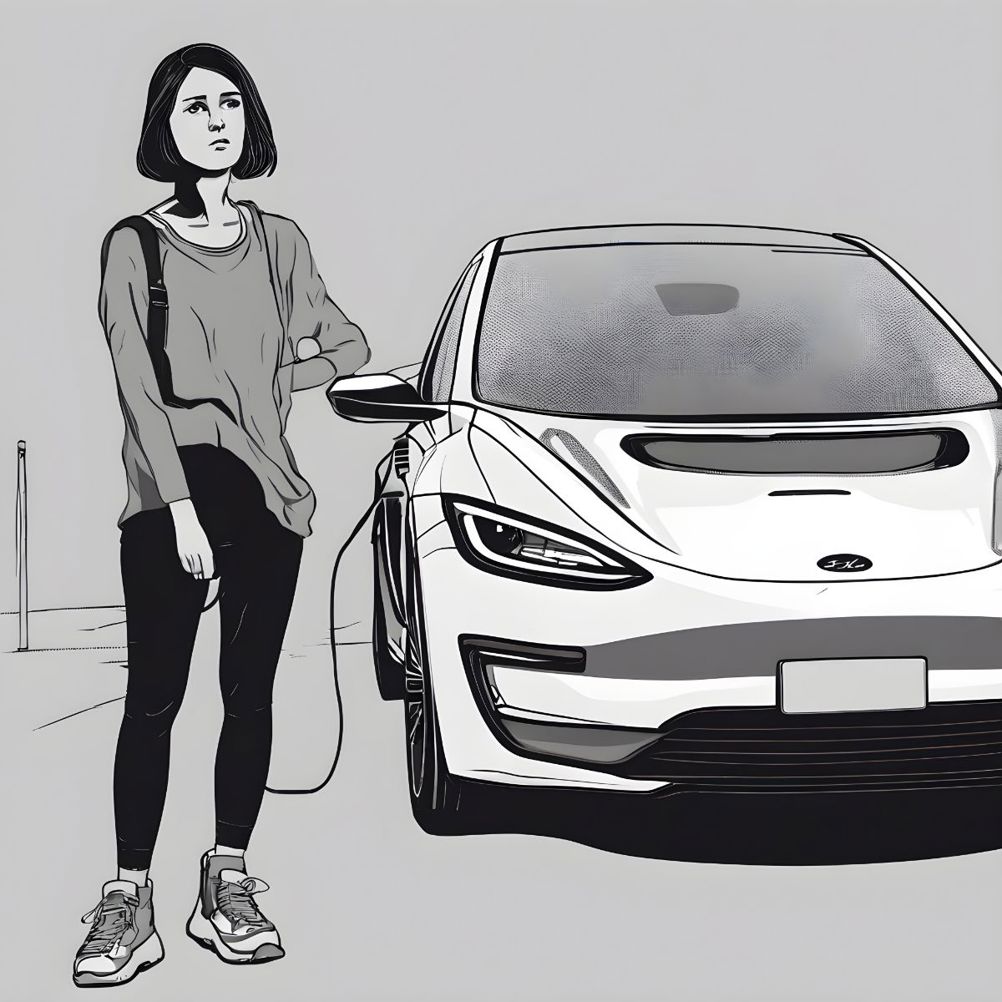
The impression that something better, bringing more for less, always close hangs over every prospective deal, along with the realisation that there is more to the cost of EV ownership than just the car.
Then there’s social media madness: no matter how many studies disprove concern about the life and health of batteries, uncertainty at trade level about being caught with a lame duck prevails and ill-informed social media users fuel misinformation.
The abandonment of CCD, which originally removed $8625 from sub-$80k BEVs, then $7015, has been telling, Wiley and Hedgepeth say.
Some distributors were dangerously overstocked; all have seen interest fall, no matter how tempting the incentives.
The Turners Tesla connection
When a first-time Tesla buyer purchases, and seeks to trade in a car as part of that process, Turners handles that. Same when an existing Tesla owners wants to trade into car for another Tesla. Turners Cars is a good barometer for the state of the market. It handles 4000 used car transactions a month. It also takes trade-ins from new Tesla buyers, and puts buyers into used ones.
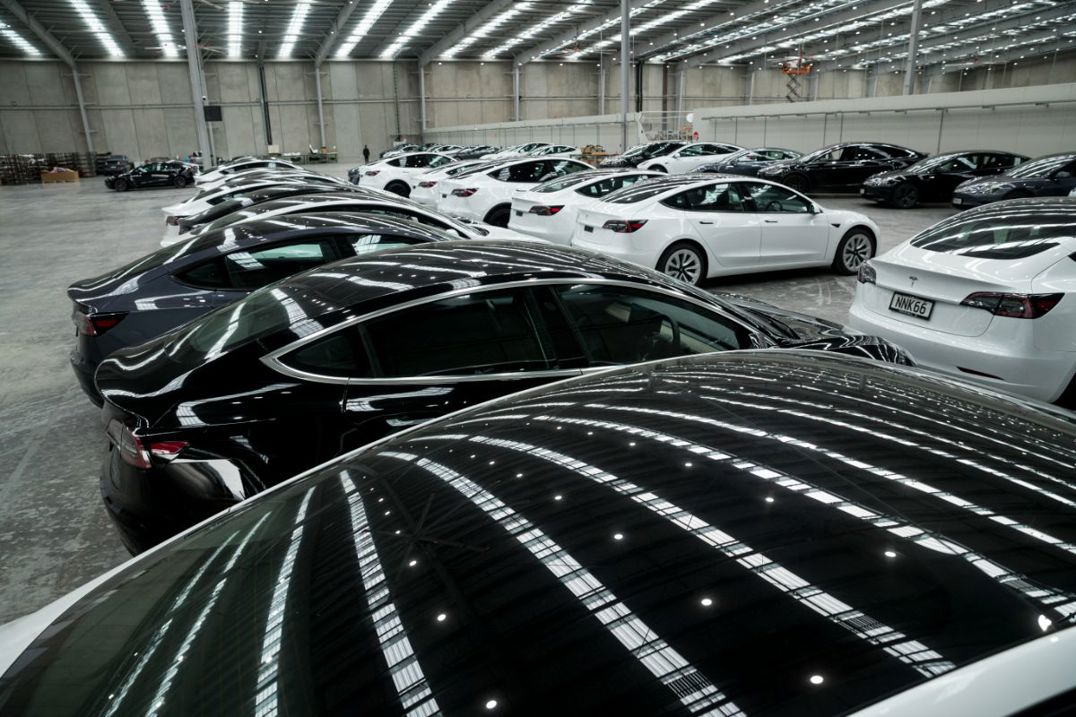
Hedgepeth says it is clear a raft of legislative change, enacted by the previous and current governments, has been unsettling: “Over the last two or three years, significant legislative changes around emissions and vehicles have been more than I can count on my hand … it’s definitely having an impact on EV residual prices.”
For all that’s going on now, the bulk of cars bought during the CCD period likely won’t become used stock for two to three years.
“When the discount came in, that's pretty much when NZ started selling EVs,” he says.
“EV sales accelerated … and have obviously [now] come to a bit of a halt. But the volume has gone through, and in years to come, it is going to start coming back into the used market.”
What happens then, in 2026-2027, is anyone’s guess.
